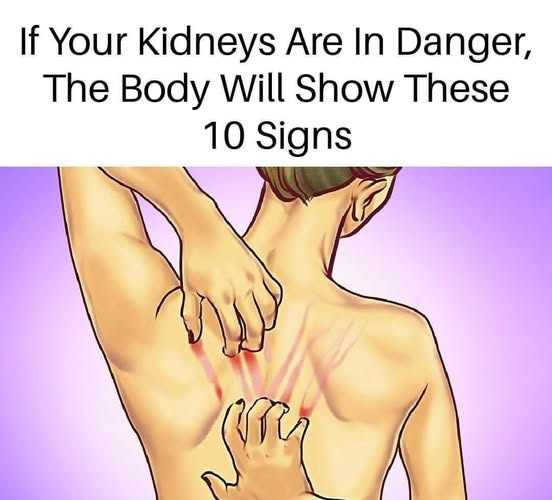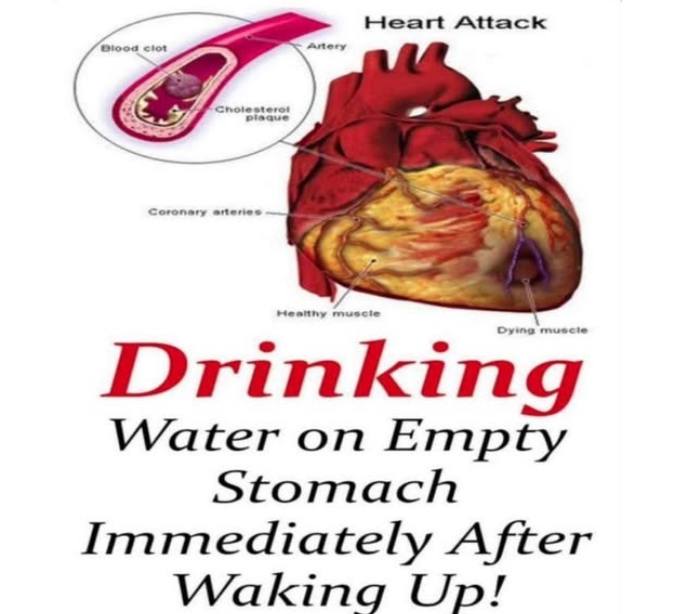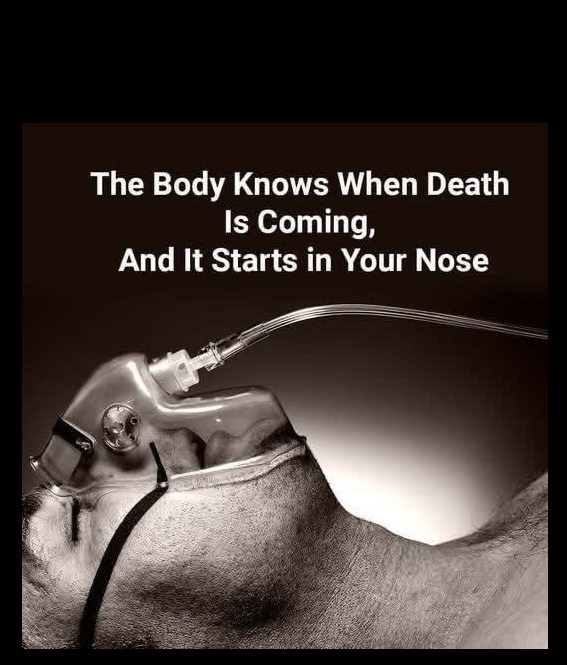
Table of Contents
ToggleWhen Passing Away is Near: Understanding the Signs Through Science
Death is a topic that has fascinated humanity for centuries. While it remains a mystery, modern science has uncovered intriguing clues about the body’s behavior as it approaches the end of life. One of the most fascinating areas of study is how our sense of smell might reveal signs of death—both in others and in ourselves.
In this article, we’ll explore the science behind “when passing away is near” and how the nose plays a pivotal role in detecting this profound transition.
Can We Smell When Passing Away is Near?
The Phenomenon of Smelling Death in Others
Many anecdotes suggest that some individuals can sense when passing away is near by detecting a specific odor. While this might sound like something out of a novel, there is scientific reasoning behind it.
As the body approaches death, chemical changes occur, potentially releasing odors that are imperceptible to most people. However, those with heightened olfactory senses might detect these subtle changes.
Animals, such as dogs and cats, have demonstrated the ability to sense chemical shifts in humans, including illnesses like cancer. Some pets in hospitals and care facilities have even been observed predicting patients’ deaths with remarkable accuracy. This raises the question: Could humans possess a similar ability?

Read more: Discover the Amazing Health Benefits of Sleeping on Your Left Side
Loss of Smell as a Sign of Declining Health
The Link Between Olfactory Decline and Health Risks
While some may sense when passing away is near in others, the loss of smell in oneself can also serve as an indicator of declining health. Research has found strong connections between olfactory dysfunction and conditions like:
- Neurodegenerative diseases (e.g., Parkinson’s and Alzheimer’s)
- Cardiovascular and respiratory illnesses
A study published in the Journal of the American Geriatrics Society revealed that older adults with a diminished sense of smell were more likely to pass away within five years compared to those with normal olfactory function. This suggests that the loss of smell is not just an isolated symptom but a warning sign of overall health decline.

Why the Nose Knows When Passing Away is Near
The Role of the Olfactory System in Predicting Death
The olfactory system is more than just a tool for detecting scents—it’s deeply connected to brain function and overall health. As diseases progress, particularly neurodegenerative ones, the olfactory system is often one of the first areas to deteriorate.
This early decline offers a unique opportunity for healthcare professionals to identify potential health risks. By recognizing when passing away is near through changes in smell, timely interventions could improve quality of life and even extend it.
How to Recognize Signs When Passing Away is Near
Physical and Behavioral Changes to Watch For
Beyond olfactory clues, there are physical and behavioral signs that may indicate when passing away is near:
- Sudden fatigue or weakness
- Changes in breathing patterns
- Loss of appetite or difficulty swallowing
- Social withdrawal
- Unresponsiveness or confusion
These symptoms, coupled with a loss of smell, may serve as strong indicators of the body preparing for its final stages.

Advancing Research on When Passing Away is Near
The Future of Smell-Based Diagnostics
As science progresses, researchers are delving deeper into the chemical and biological changes that occur when passing away is near. By understanding these processes, we could develop diagnostic tools that utilize smell as a key indicator of health.
Such advancements could lead to earlier detection of diseases, improved care for terminal patients, and a better understanding of the human body’s natural processes.
Practical Steps to Take When Passing Away is Near
How to Support a Loved One
If you suspect when passing away is near for a loved one, consider these steps:
- Provide comfort: Ensure they are in a calm, peaceful environment.
- Seek medical guidance: Consult healthcare professionals to manage symptoms and provide palliative care.
- Communicate openly: Encourage meaningful conversations and emotional support.

Final Thoughts on Recognizing When Passing Away is Near
The idea that the body knows when passing away is near is both fascinating and profound. From the ability to sense death in others through smell to using olfactory decline as a predictor of health, this field of study offers invaluable insights into life’s final chapter.
By paying attention to these signs and staying informed, we can better prepare for and navigate the complexities of the human experience.
Read more: Experience the Power of Clove Tea: Uncover the Incredible Benefits of Boiling Cloves
This article highlights the importance of understanding the subtle yet significant signs that can signal when passing away is near. By combining scientific research with practical advice, we can demystify the process and approach it with compassion and knowledge.













